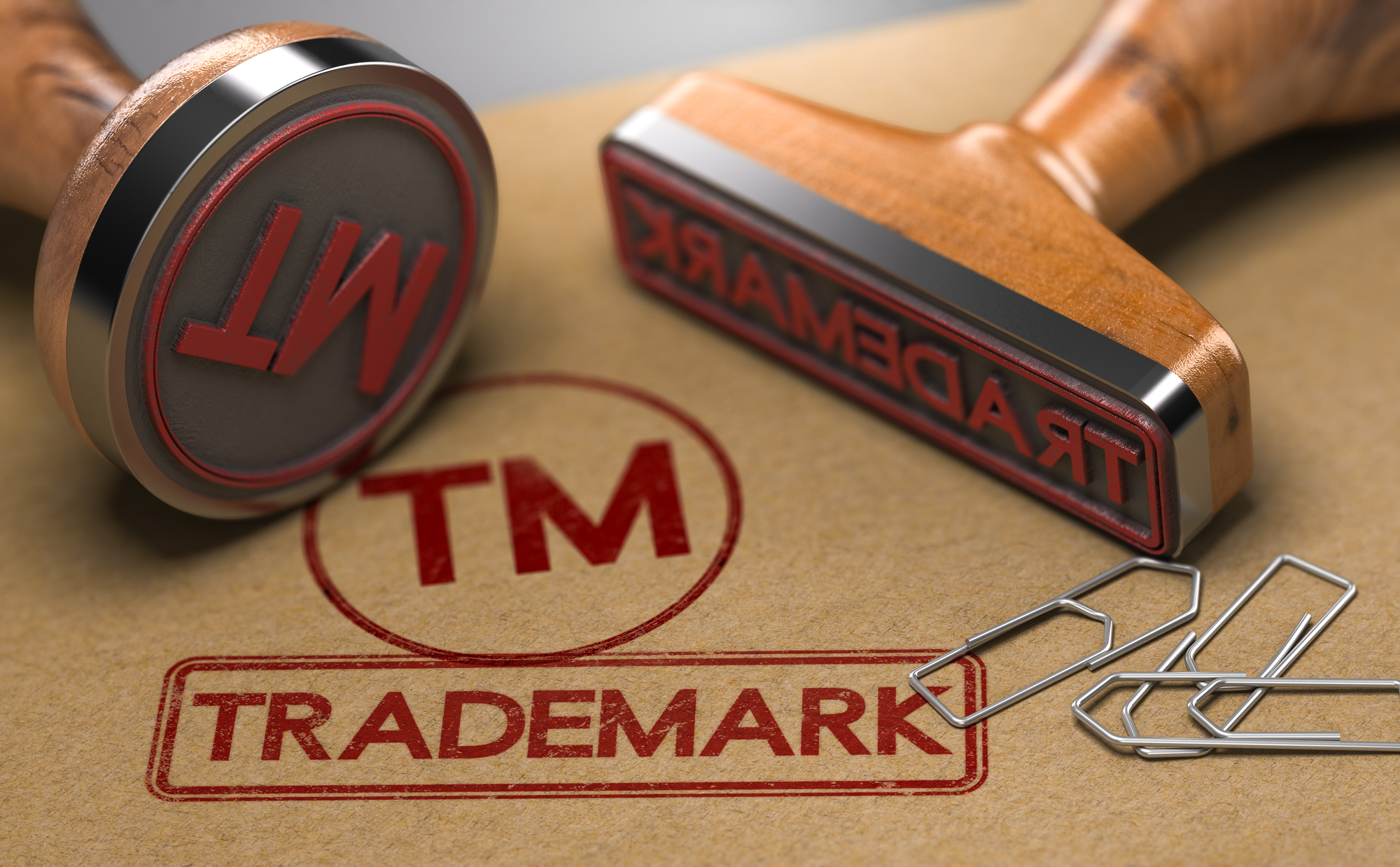Intellectual property laws protect the rights of people who create original works such as novels, plays, inventions, and company identification marks like logos or insignias.
The objective of intellectual property laws is to incentivize new inventions and technologies as well as artistic expressions. People who see that their work is protected and rewarded will continue to innovate while also focusing on distributing their product without fear of other companies taking their product/idea.
In the United States, there are three mechanisms that can protect the intellectual properties of individuals:
Trademarks
Trademarks serve to protect the distinguishing marks of products and companies so that consumers find it easy to identify established brands and differentiate from similar competitors. Once a company starts using an identifying mark, it automatically assumes the trademark and may use the ™ symbol even without applying for that identifying mark with the government.
In most cases, when the laws protecting intellectual property rights of companies are violated, the company can sue for damages. Damages can include lost royalties and payment of legal fees and as well as the damages caused from using your work without your permission.
Copyrights
The main focus of copyrights is to protect expressive arts. It may not protect the idea but it can protect the way an idea is expressed. Owners acquire exclusive rights to do whatever they want with their work which include reproductions, public displays, performances, creation of derivative works, and the owners can benefit from their work financially. Others who intend to use copyrighted work need to ask for permission as this is what a copyright is for — to protect the use of the an expressive work of art.
Patents
While a copyright protects expressive arts, a patent protects inventions from being copied, sold, or used by other parties for a certain period of time. In the United States, there are three types of patents:
- Utility Patents protect an invention that has a specialized function such as machines, chemicals, and technology.
- Design Patents protect the appearance of a manufactured product.
- Plant Patents protect asexually reproduced plant varieties. An example of this includes hybrid plants.
In order to protect their invention, inventors must apply for a patent and have it approved by the US Patent and Trademark Office. Should you decide to apply for a patent, it would be in your best interest to find an intellectual property attorney to process the documents and get the necessary patent. The process is complicated as well as time-consuming which is why it is best to hire a business attorney who is familiar with the process.
Intellectual property is protected by laws through the trademarks, copyrights, and patents. It enables people who are creators and inventors to be recognized or benefit from their creation. The intellectual property law system fosters and encourages an environment of creativity and innovation which is why it is strictly implemented and taken very seriously.



